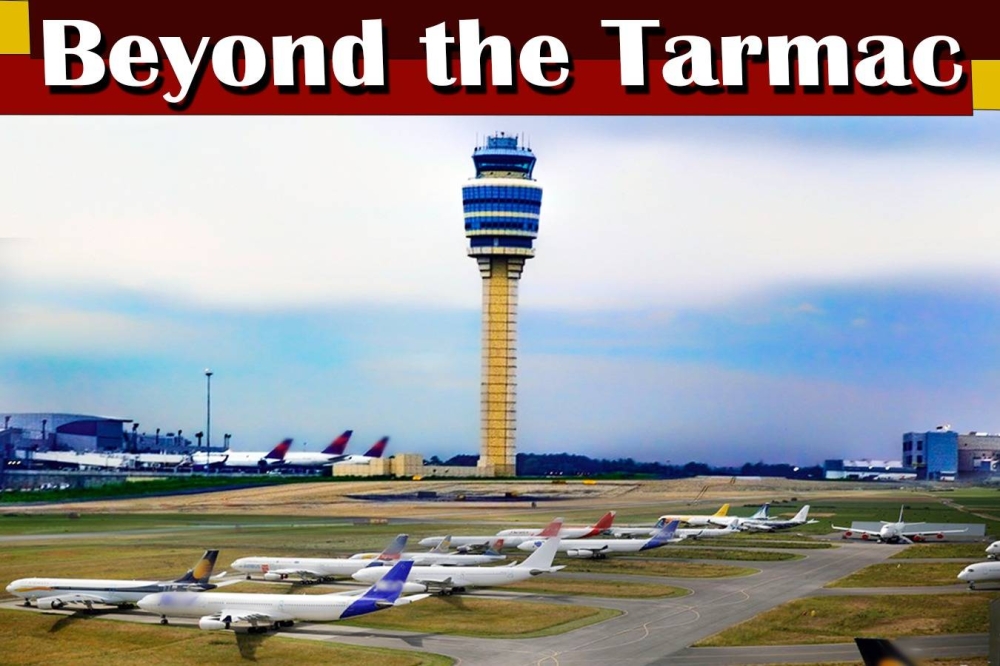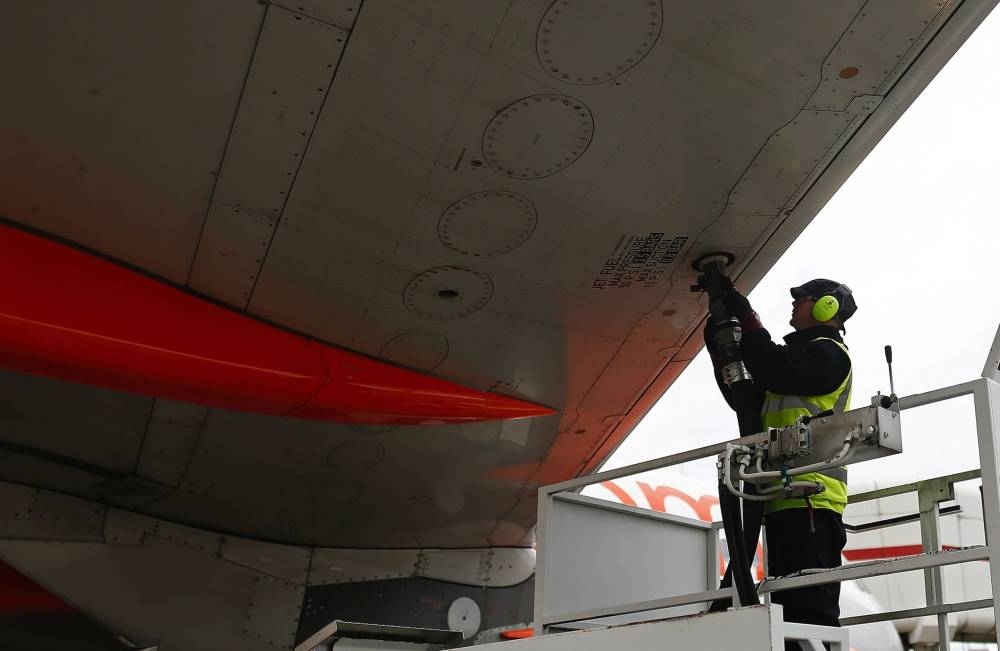
|
China’s lifting of Covid-19 travel restrictions and US refinery outages are expected to have an impact on jet fuel price this year, which have recently risen to levels not recorded before.
Chinese flight activity has more than tripled since early December 2022 to more than an average of 10,700 flights per day now, Reuters said quoting flight tracking firm Airportia. This, obviously has triggered demand for jet fuel worldwide. Consequently, prices are climbing in Asia, Europe and the United States. Refining outages in the United States are feeding the price run-up.
Jet fuel this year will be the largest source of oil demand growth, points out the International Energy Agency, which monitors energy consumption.
Higher jet fuel prices are likely to impact airline ticket prices in the near term, industry analysts say.
In 2023, the airline fuel bill is forecast to be nearly $230bn, accounting for around 30% of total operating expenses at an oil price of around $92.3 per barrel Brent, International Air Transport Association noted.
The jet fuel price ended last week up 1.6% at 146.05/barrel, IATA analysis showed.
Jet fuel price average for 2023 estimated by IATA is $137.93/b.
This month's demand should hit 6.6mn barrels per day, the highest reading since February 2020, said Viktor Katona, an analyst at data firm Kpler.
Cold weather along the US Gulf Coast recently knocked out some processing plants and pushed up the premium for jet fuel, said Gary Simmons, chief commercial officer at Valero Energy.
"Overall, we expect jet demand to increase significantly this year," he said recently, as air travel continues to rise. US East Coast supplies are likely to remain scarce until mid-February, he said.
A February 5 European Union embargo on imports of seaborne Russian refined products will also pressure European supplies and will increase the call on US refiners to fill the gap, a Reuters’ dispatch said.
US jet fuel inventories ended last year at 34mn barrels, the lowest since 1990, according to federal government data. Total jet fuel supplied, a proxy for demand, stood at 1.56mn barrels per day in 2022, the highest since 2019.
Aviation fuel prices have remained high, and are likely to impact ticket prices in the near term.
The ‘crack spread’ – or the difference between the price of Brent crude and jet fuel price – is at its widest since the beginning of the year, said Willie Walsh, Director General, International Air Transport Association (IATA).
If this gap doesn’t reduce, we are looking at a hike in airfares, Walsh said.
“Airlines don’t have the capacity to absorb the cost,” he added.
Jet fuel prices have long driven airline profitability and the aviation industry as a whole, representing between 14% and as much as 31% of airline operating costs in the past decade, an IATA estimate shows.
One report, however, suggests 40% of the raw material cost in any airline, is for jet fuel or aviation turbine fuel (ATF).
Consequently, airlines hedge a large portion of their annual fuel consumption at lower oil prices in order to protect themselves from the volatility in oil prices. But given the global economic uncertainties, it is easier said than done.
“Because of oil price volatility, we cannot hedge anymore as banks are not ready to hedge. This is because they don’t know where the price is going – north or south,” Qatar Airways Group Chief Executive HE Akbar al-Baker said at an industry event in Doha a few months ago.
“That said, oil price is not in the hands of anyone – it is based on demand and supply and the political climate around the world,” he noted.


